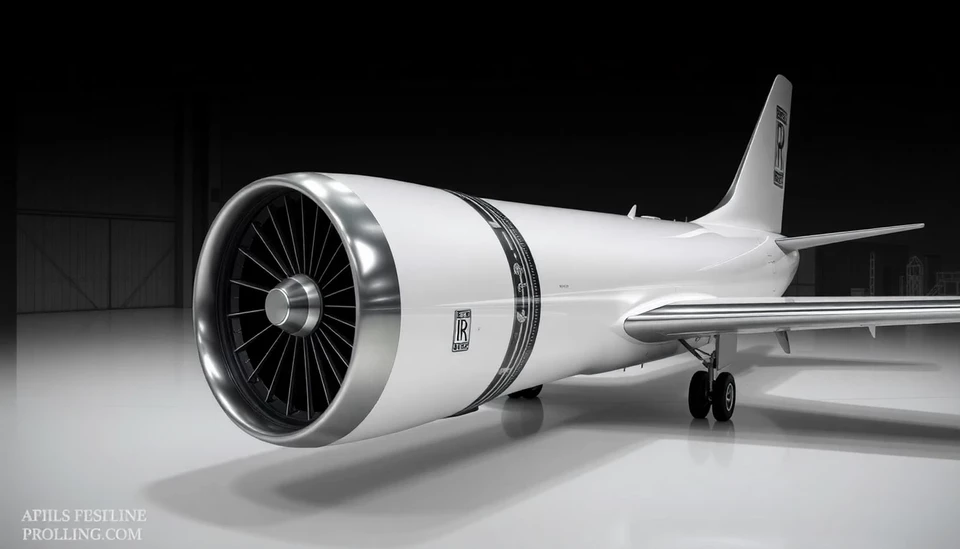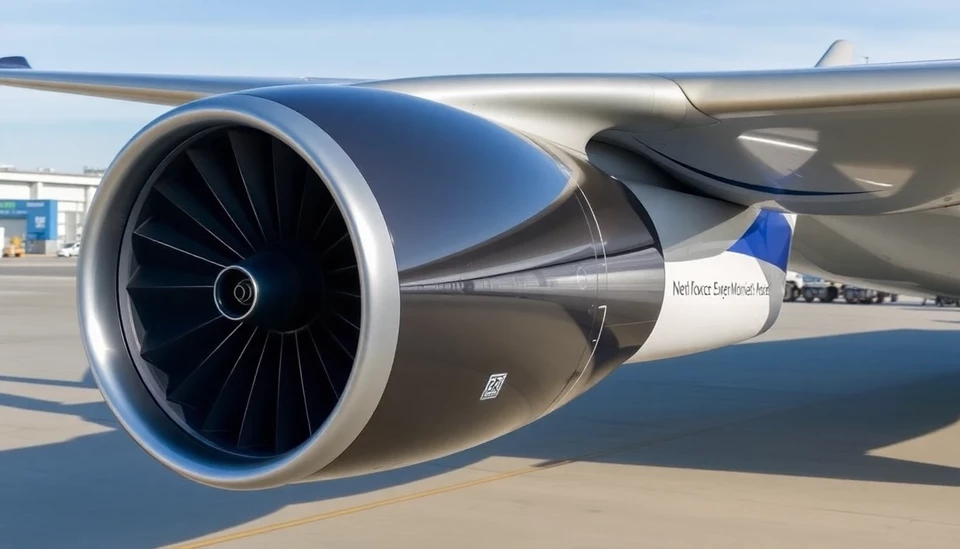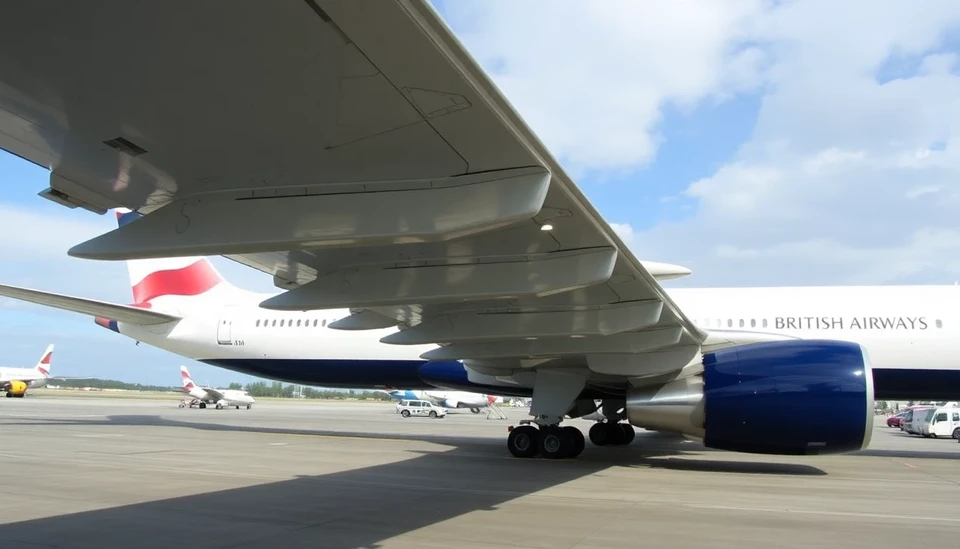
In a bold move to rejuvenate its struggling jet engine segment, Rolls-Royce has announced significant upgrades designed to enhance performance and attract new customers. The company's commitment to innovation comes at a critical time when the aviation sector is recovering from pandemic-induced stagnation. These enhancements are not only aimed at bringing back lost confidence in their products but also positioning Rolls-Royce as a competitive player in a rapidly evolving market.
The company revealed that these upgrades would incorporate advanced technologies that promise to improve fuel efficiency and reduce emissions, meeting the growing demand for greener aviation solutions. By integrating digital advancements such as predictive maintenance and advanced materials, Rolls-Royce is setting the stage for a new era in jet propulsion that caters to both economic and environmental needs.
Historically, Rolls-Royce's jet engines have faced competition from rivals like Pratt & Whitney and General Electric, which have offered compelling alternatives with robust performance metrics. However, Rolls-Royce is optimistic that its latest innovations will level the playing field and enable the company to reclaim a substantial share of the market that it has lost over recent years.
The upgrades aim to address previous customer concerns, particularly around reliability and operational costs. The company's engineers have been working diligently to ensure that these new engines can compete head-to-head with the industry's best offerings. By enhancing the durability and service life of their products, Rolls-Royce hopes to appeal to airlines looking for long-term, cost-effective solutions as they expand their fleets to meet post-pandemic travel demands.
Additionally, Rolls-Royce is looking to forge new partnerships and strengthen existing relationships with aircraft manufacturers. By aligning its innovations with the needs of airlines and manufacturers alike, the company seeks to create a collaborative environment that fosters technological advancements and enables efficient production.
The jet engine sector's revival effort is underscored by a broader industry shift towards sustainability, with many airlines committing to net-zero emissions targets in the coming decades. Rolls-Royce’s initiatives align perfectly with these environmental goals, making their engines more attractive not only from a performance perspective but also from a corporate responsibility standpoint.
As the aviation market continues to rebound and evolve, Rolls-Royce's proactive approach to upgrading its jet engines could signal a turning point for the brand. While it may take time for the initiative to translate into substantial market share, the strategic advancements put forth by the company illustrate its dedication to stay relevant in a competitive and changing landscape.
In summary, Rolls-Royce’s commitment to enhancing its jet engines reflects a significant strategic pivot aimed at revitalizing its market presence. By focusing on fuel efficiency, emissions reduction, and collaborative partnerships, the company positions itself as a leader in the quest for sustainable aviation solutions.
As the aviation industry witnesses a resurgence, Rolls-Royce looks to ride the wave of innovation and responsibility in order to reclaim its rightful place among the top players in the jet engine sector.
#RollsRoyce #JetEngines #Aviation #Innovation #SustainableAviation #FuelEfficiency #Aerospace #TechAdvancements #EnvironmentalResponsibility
Author: Victoria Adams


